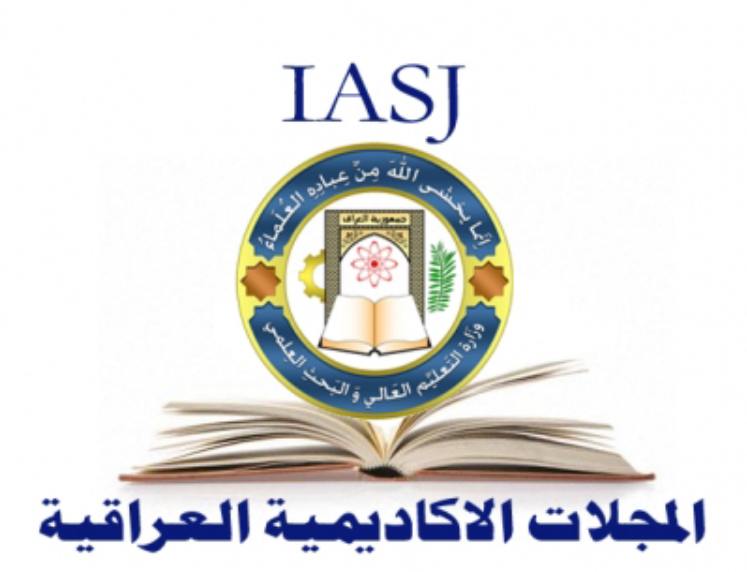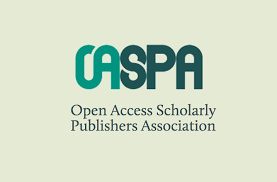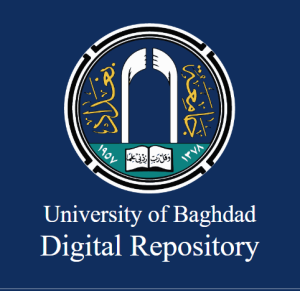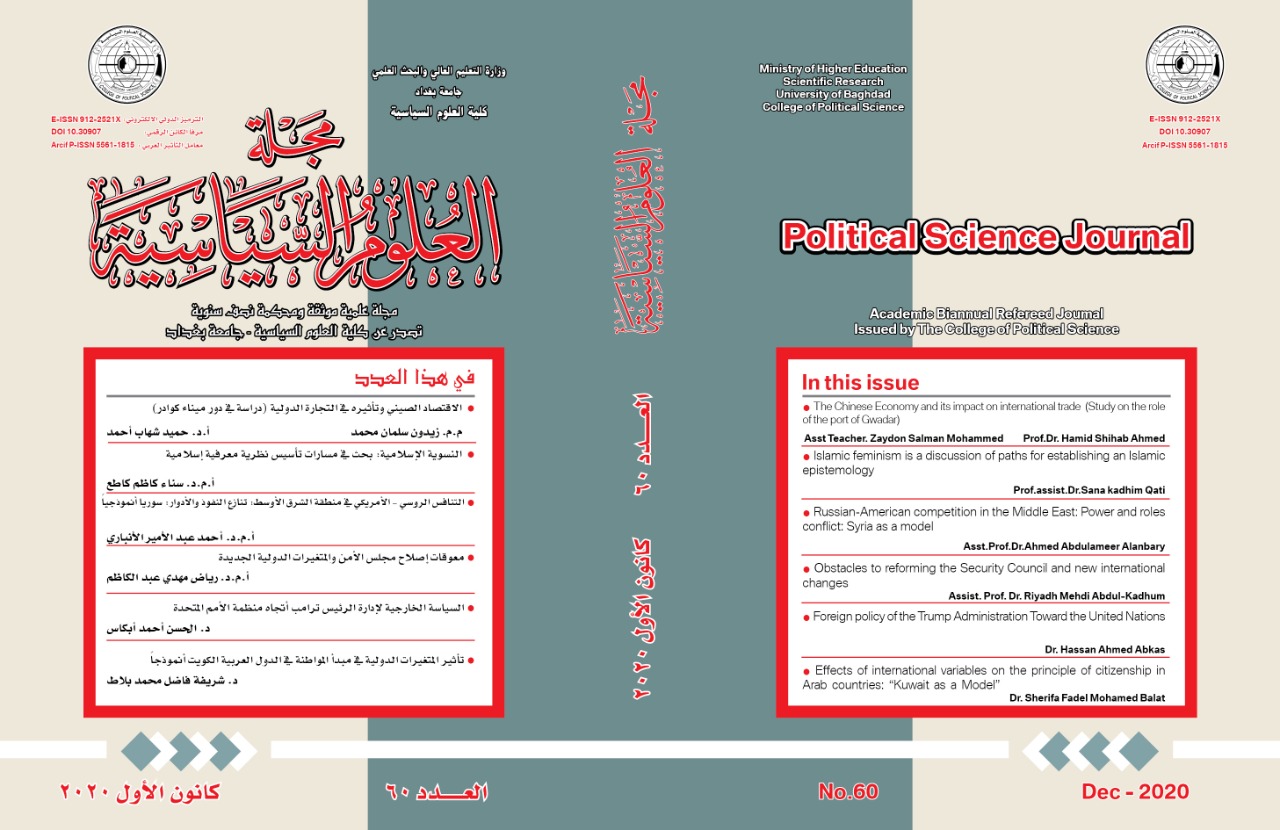التدخلات الأمريكية – الروسية في دول حوض بحر قزوين – القوقاز ما بعد العام 2001 (استراتيجيات إعادة فرض السيطرة والنفوذ أنموذجا)
DOI:
https://doi.org/10.30907/jcopolicy.vi63.623الكلمات المفتاحية:
إستراتيجيات، النفوذ، قزوين، الهيدروكاربونية، الطاقة، القوقازالملخص
لقد أصبحت اليوم الدول القزوينية الخمس المتشاطئة على سواحل بحر قزوين (كازاخستان، تركمانستان، أذربيجان، روسيا، وإيران) واجهة للأطماع والتنافس الدولي والإقليمي ولاسيما في ضوء المميزات والخصائص التي حبتها بها الجغرافية الطبيعية وتمتعها بمجموعة من الثروات الاقتصادية والمعدنية غير المستغلة بالشكل الأمثل لحد الآن, مما جعلها منطقة جذب استراتيجي للتوجهات والتدخلات الدولية ولاسيما الغربية منها, فكانت معتركاً للشركات العالمية الكبرى الرامية الى احتكار الاستثمارات الصناعية الواعدة من اجل فرض السيطرة والنفوذ إلى موارد المنطقة وثرواتها الاقتصادية ومن ثم فرض سياساتها الخارجية وترتيباتها العسكرية والأمنية على دول منطقة بحر قزوين _ القوقاز ودول منطقة الحوض بشكل اوسع.
وعليه فقد شغلت هذه المنطقة مكانة متميزة في أجندة مخططي السياسات الدولية الكبرى، لاسيما بعد تفكك الاتحاد السوفيتي واشتداد وطأة التنافس الدولي والإقليمي في المنطقة، ليس فقط من أجل السيطرة على موارد الطاقة (كالنفط والغاز الطبيعي) الغنية فيها، بل لتحقيق مكاسب جيوسياسية وإستراتيجية بعيدة المدى، فالولايات المتحدة الأمريكية لم يكن بمقدورها رؤية المنطقة بعيدة عن توجهاتها السياسية التي تزامنت مع إعلانها عن قيام (النظام العالمي الجديد)، كما أن روسيا الاتحادية تسعى إلى استعادة مكانتها الدولية مجدداً منذ وصول الرئيس فلاديمير بوتين للسلطة مطلع عام 2000 وهو الأمر الذي فرض عليها استعادة مكانتها ونفوذها الجيوبوليتيكي في دول الخارج القريب (أسيا الوسطى والقوقاز)، فضلاً عن المنافسة الدولية للقوى الصاعدة والتي تبديها كلاً من الصين والهند وإيران وتركيا, وهو الأمر الذي شكل تنافساً وصراعاً دولياً محتدماً في المنطقة, إذ إن الموقع الجغرافي الحبيس لجمهوريات المنطقة، ولـــــّد إشكالية مزدوجة سياسية – اقتصادية تمثلت بعدم إمكانية دول المنطقة للاستفادة المباشرة من مواردها المعدنية والهيدروكاربونية ما لم تلجأ إلى استعمال أراضي وموانئ الدول المجاورة لها، والتي تعاني اغلبها من ظاهرة عدم الاستقرار السياسي والاجتماعي، مما فرض بروز مجموعة من التحديات التي تستند إلى خصوصية التدخلات الأمريكية- الروسية في دول حوض بحر قزوين- القوقاز ما بعد العام 2001 ضمن إطار تكتيل وتعزيز استدامة استراتيجيات فرض السيطرة والنفوذ من كل من الولايات المتحدة الأمريكية وروسيا الاتحادية حيال المنطقة.
تاريخ الاستلام: 6/12/2020
تاريخ قبول النشر: 3/2/2021
المراجع
قائمة المصادر:
حميد محمد، ملوك.1997." اثار التوجهات التركية نحو الجمهوريات الاسلامية في اسيا الوسطى على الامن القومي العربي". أطروحة دكتوراة.، الجامعة المستنصرية/ معهد الدراسات الدولية والاشتراكية.
التامر، عبادة. 2015. سياسة الولايات المتحدة الامريكية وادارة الازمات الدولية. بيروت: المركز العربي للابحاث ودراسة السياسات.
الخوري، ريا. 2016. "اسيا الوسطى في صراع القوى العظمى." مركز دراسات كاتيخون. 5 مايو،2016. https://katehon.com/ar/article/asy-lwst-fy-sr-lqw-lzm
الزوكة، محمد خميس. 1998. أسيا دراسة في الجغرافية الاقليمية. الاسكندرية: دار المعرفة الجامعية.
الجزيرة نت.2005. "طاجيكستان والصراع على السلطة". 28 حزيران، 2005.https://2u.pw/1wFxs
المعموري، عبد علي كاظم. 2017. المواجهة في قلب الأرض (المزاحمة الروسية للولايات المتحدة الامريكية). بيروت: دار روافد.
النعماني، محمد. 2013. "اسيا الوسطى والقوقاز والصراع القادم في العالم".الحوار المتمدن. 14 تشرين الاول،2013.https://www.ahewar.org/debat/show.art.asp?aid=382372
النعيمي، احمد نوري. 2017. السياسة الخارجية التركية تجاه روسيا الاتحادية. عمان: دار أمجد للنشر والتوزيع.
أيكنبيري، جي جون. 2010. "نهوض الصين ومستقبل الغرب." سلسلة دراسات مترجمة، العدد 43 (ايلول): 1-22.
حسين، سلمان علي. 2000. "سياسة اسرائيل حيال الجمهوريات الاسلامية في اسيا الوسطى والقوقاز." رسالة ماجستير. جامعة النهرين/ كلية العلوم السياسية.
حافظ، طالب حسين. 2009. "سياسة روسيا الاتحادية تجاه اسيا الوسطى: الواقع والافاق." مجلة المرصد الدولي، عدد 10 (سبتمبر): 33-40.
أحمد، حميد شهاب. 2005. "التنافس الاقليمي والدولي في منطقة الجمهوريات الاسلامية لاسيا الوسطى." مجلة دراسات دولية، العدد 28: 20 - 35.
زاده، زلماي خليل. 1997. التقييم الاستراتيجي. ابو ظبي: مركز الامارات للدراسات والبحوث الاستراتيجية.
بارزي، تريتا. 2008. حلف المصالح المشتركة: التعاملات السرية بين اسرائيل وإيران والولايات المتحدة الامريكية. بيروت: الدار العربية للعلوم ناشرون.
حداد، حامد عبيد. 2008. "التنافس الامريكي الروسي في القوقاز وحوض بحر قزوين". نشرة اوراق دولية، العدد 164 (نيسان): 9-18.
حسن، كاظم عبدالوهاب، وراشد عبد راشد. 2018. جغرافية الطاقة. العراق: مؤسسة دار الصادق الثقافية.
حمزة، بسمة ماجد. 2015. "استراتيجيات التنافس السياسي والاقتصادي العالمي على مصادر الطاقة." اطروحة دكتوراة.، جامعة النهرين/ كلية العلوم السياسية.
عرفات، إبراهيم. 2007. "اسيا الوسطى...التنافس الدولي في منطقة مغلقة". السياسة الدولية، عدد167(يناير): 124-133.
فهمي، عبدالقادر. 2004. المدخل الى دراسة الاستراتيجية. بغداد: دار الرقيم للنشر والتوزيع.
مجيد، دياري صالح. 2020. "خط الانابيب باكو- جيهان وحرب القوقاز." حوار متمدن. 30 ايلول، 2008. https://www.ahewar.org/debat/show.art.asp?aid=148727
ياسين، عبير. 2006. "انعكاسات الوجود الامريكي في اسيا الوسطى على إيران". مختارات ايرانية: 141-156.
List of references:
Ahmed, Hamid Shehab. 2005. “Regional and International Rivalry in the Region of the Islamic Republics of Central Asia.” Journal of International Studies, Issue 28: 20 - 35.
Aikenberry, J. John. 2010. “The Rise of China and the Future of the West.” Translated Studies Series, No. 43 (September): 1-22.
Al Jazeera Net.2005. "Tajikistan and the struggle for power". June 28, 2005. https://2u.pw/1wFxs
Al-Mamouri, Abd Ali Kazem. 2017. Confrontation in the Heart of the Earth (Russian Competition with the United States of America). Beirut: Rawafed House.
Al-Nomani, Muhammad. 2013. “Central Asia, the Caucasus, and the World’s Next Conflict.” Urban Dialogue. October 14, 2013. https://www.ahewar.org/debat/show.art.asp?aid=382372
Al-Nuaimi, Ahmed Nouri. 2017. Turkish Foreign Policy towards the Russian Federation. Amman: Dar Amjad for Publishing and Distribution.
Al-Zawka, Muhammad Khamis. 1998. Asia A Study in Regional Geography. Alexandria: University Knowledge House.
Arafat, Ibrahim. 2007. “Central Asia...International Rivalry in a Closed Region.” International Politics, Issue 167 (January): 124-133.
Barzee, Trita. 2008. The Pact of Common Interests: The Secret Dealings between Israel, Iran and the United States of America. Beirut: Arab House for Science Publishers.
Conspiracy, worship. 2015. US policy and international crisis management. Beirut: Arab Center for Research and Policy Studies.
El Khoury, Rhea. 2016. “Central Asia in the Great Power Conflict.” Katehon Studies Centre. May 5, 2016. https://katehon.com/en/article/asy-lwst-fy-sr-lqw-lzm
Fahmy, Abdelkader. 2004. Introduction to the study of strategy. Baghdad: Dar Al-Raqeem for Publishing and Distribution.
Haddad, Hamed Obaid. 2008. “US-Russia Rivalry in the Caucasus and Caspian Basin.” International Papers Bulletin, Issue 164 (April): 9-18.
Hafez, Talib Hussain. 2009. “The Russian Federation’s Policy towards Central Asia: Reality and Prospects.” International Observatory Journal, Issue 10 (September): 33-40.
Hamid Muhammad, Kings.1997 “The Effects of Turkish Attitudes Towards the Islamic Republics in Central Asia on Arab National Security.” PhD thesis, Al-Mustansiriya University / Institute of International and Socialist Studies.
Hamza, Basma Majed. 2015. “Strategies for Global Political and Economic Competitiveness for Energy Resources.” PhD thesis, Al-Nahrain University/ College of Political Science.
Hassan, Kazem Abdel Wahab, and Rashid Abdel Rashid. 2018. Energy Geography. Iraq: Dar Al-Sadiq Cultural Foundation.
Hussain, Salman Ali. 2000. “Israel’s Policy towards the Islamic Republics of Central Asia and the Caucasus.” Master Thesis. Al-Nahrain University/ College of Political Science.
Majid, Diary Saleh. 2020. “The Baku-Ceyhan Pipeline and the Caucasus War.” civilized conversation. September 30, 2008. https://www.ahewar.org/debat/show.art.asp?aid=148727
Yassin, Abeer. 2006. “The Implications of the US Presence in Central Asia on Iran.” Iranian Anthology: 141-156.
Zadeh, Zalmay Khalil. 1997. Strategic Evaluation. Abu Dhabi: Emirates Center for Strategic Studies and Research.
التنزيلات
منشور
إصدار
القسم
الرخصة
الحقوق الفكرية (c) 2022 مجلة العلوم السياسية

هذا العمل مرخص بموجب Creative Commons Attribution 4.0 International License.





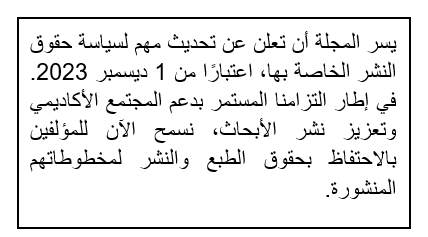
 ©️ 2023 The Author(s). Published by College of Political Science, University of Baghdad. This is an Open Access article distributed under the terms of the
©️ 2023 The Author(s). Published by College of Political Science, University of Baghdad. This is an Open Access article distributed under the terms of the 
